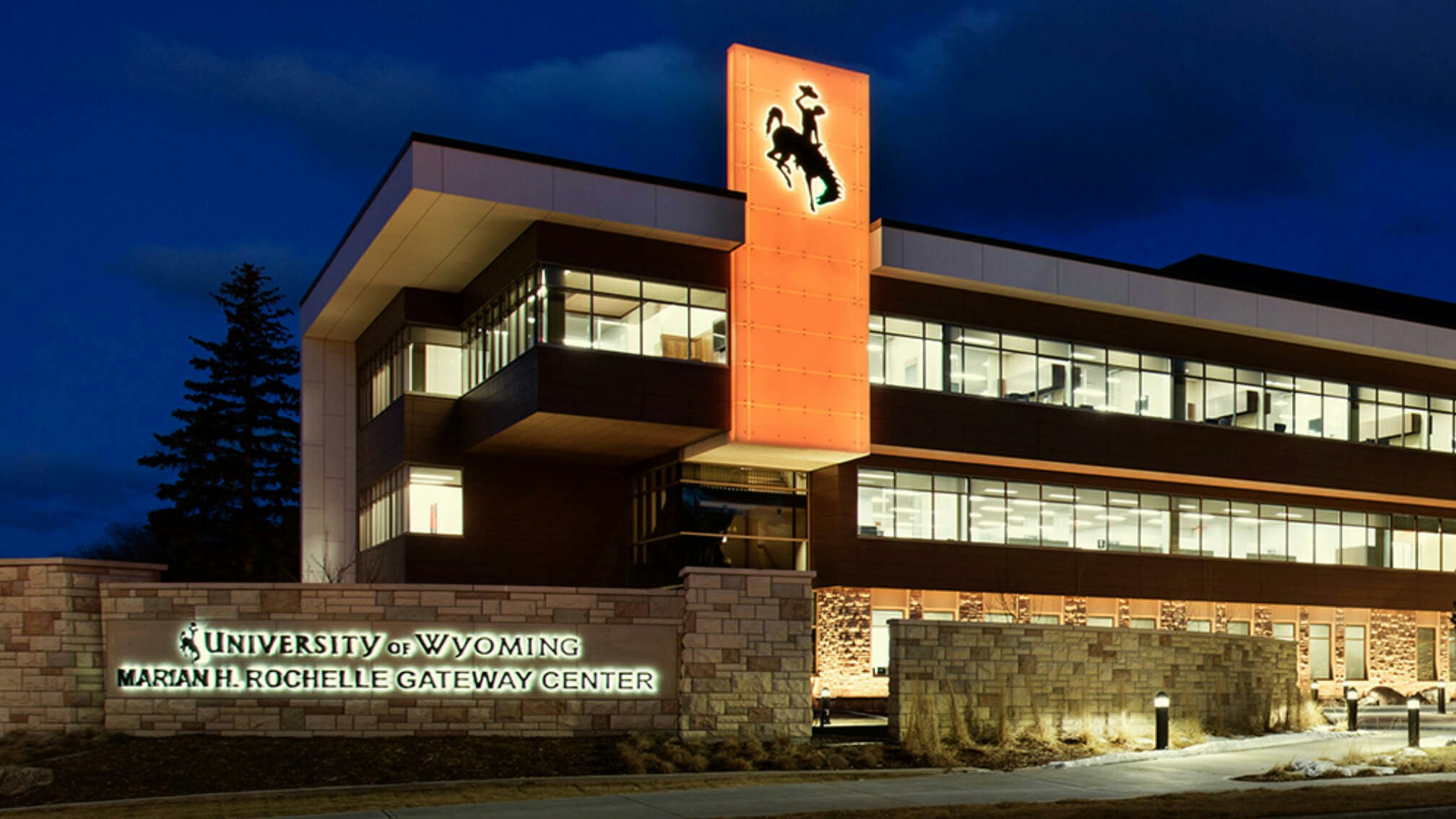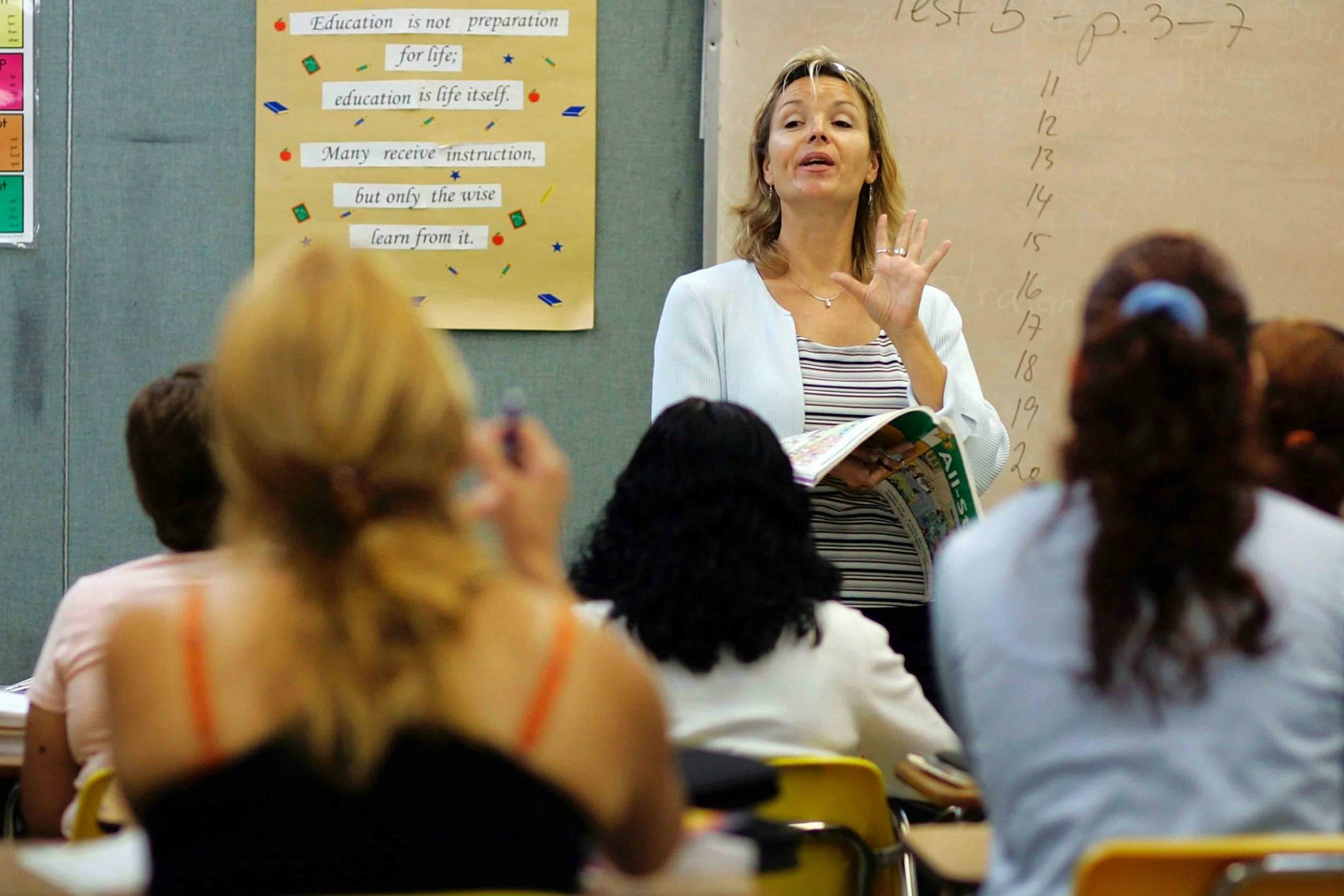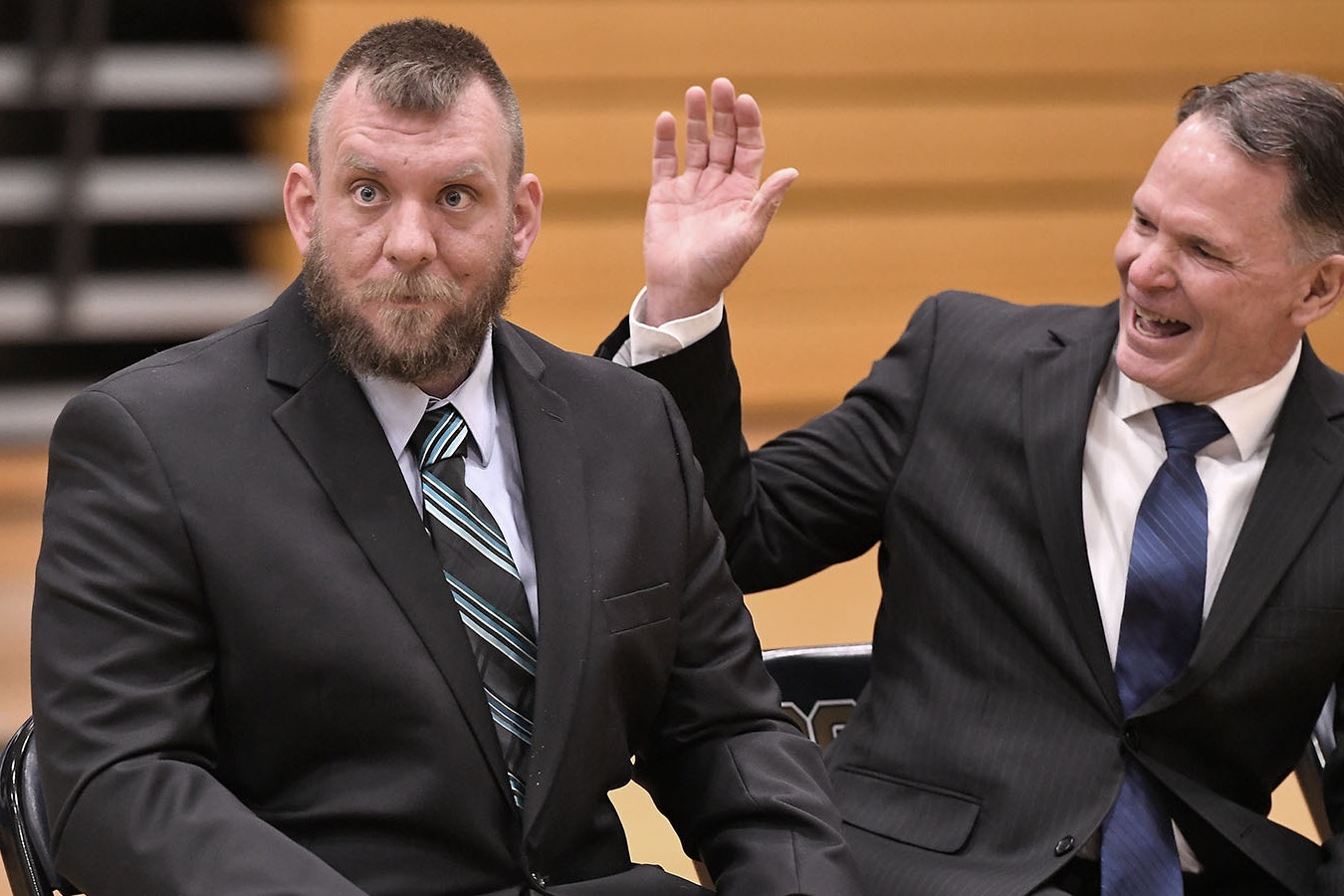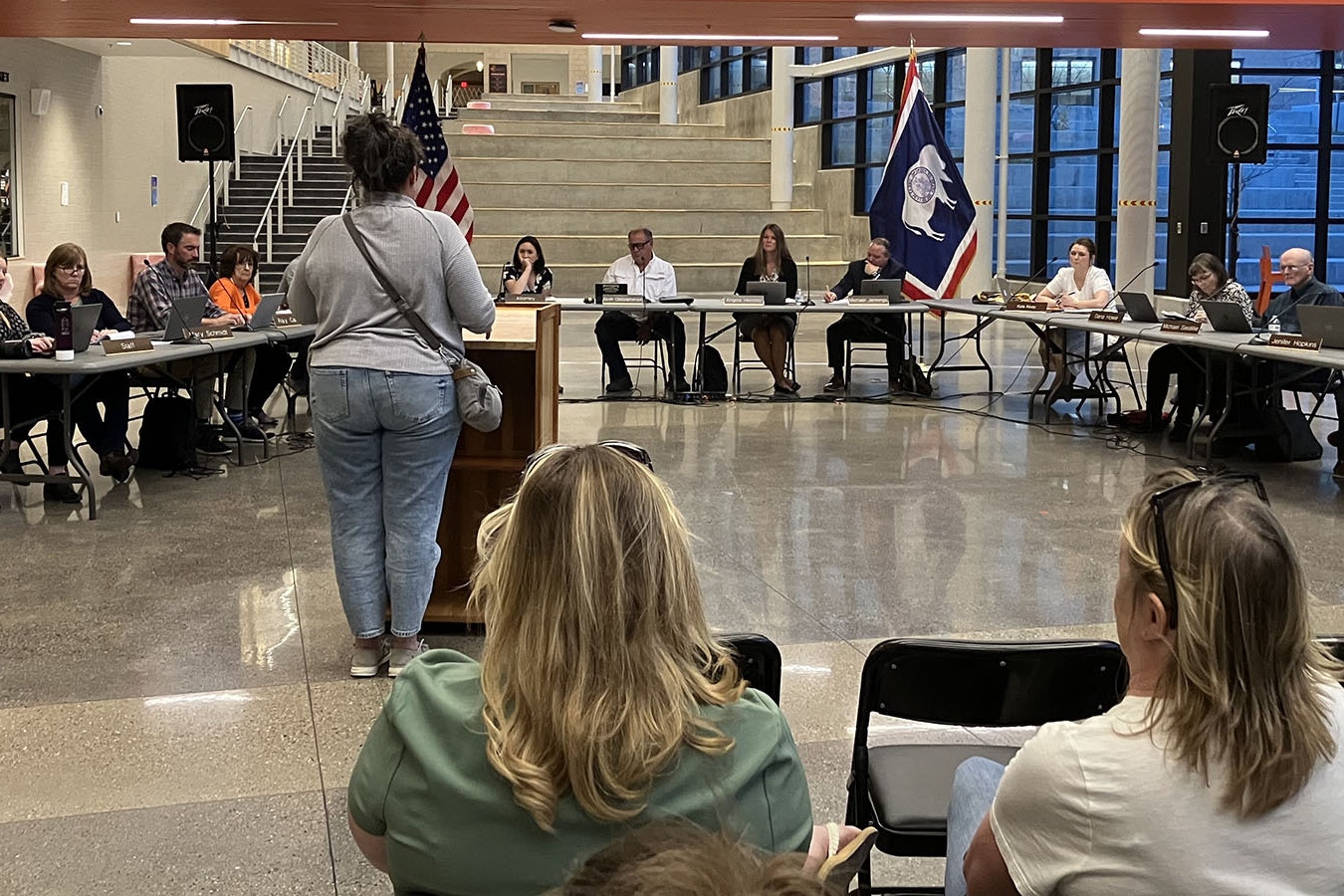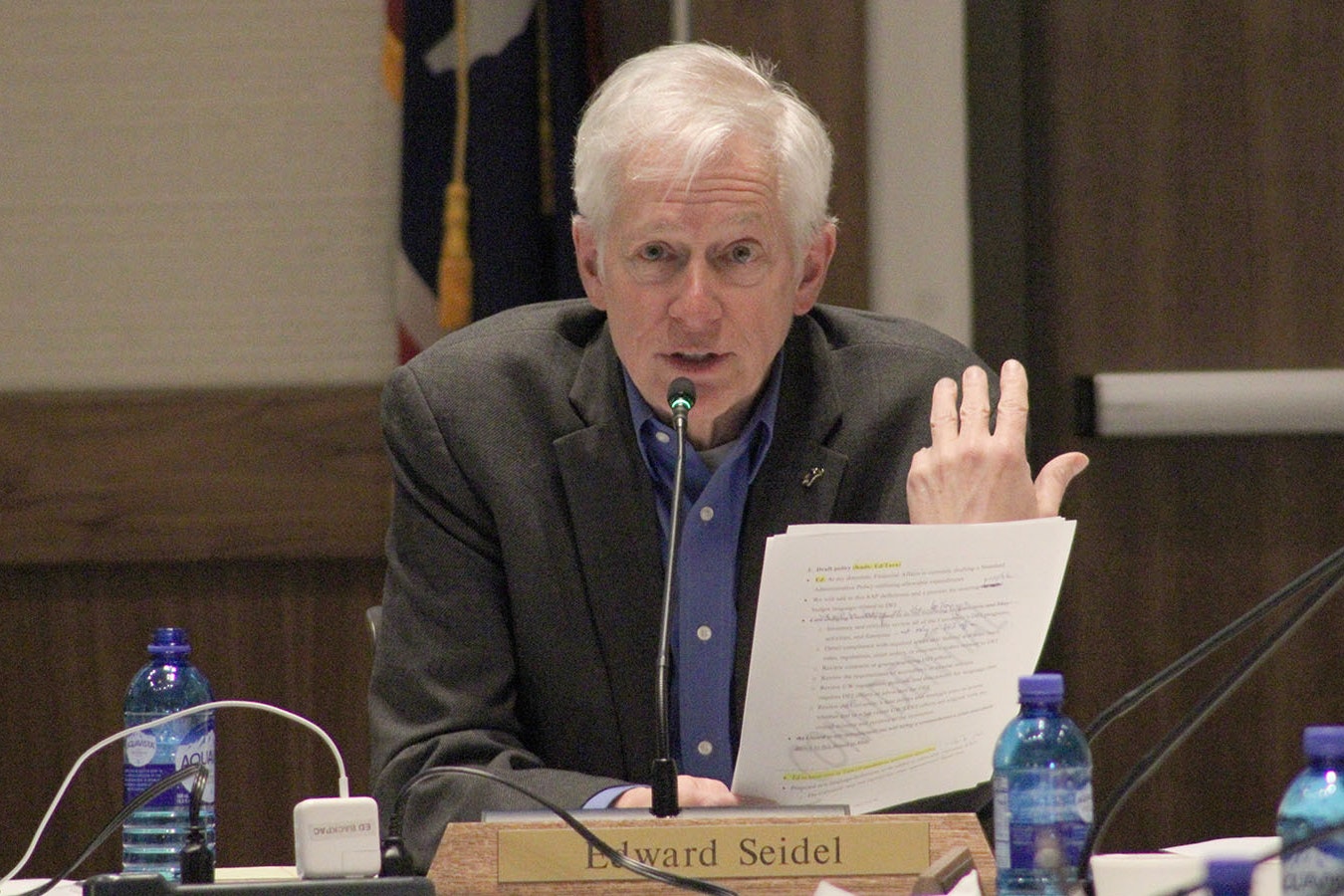The University of Wyoming has cut at least 75 positions and will eliminate multiple programs to deal with projected budget cuts, officials announced Tuesday.
A proposal from UW President Ed Seidel to the university’s Board of Trustees would reconfigure UW’s colleges, discontinue or reorganize some academic programs and launch a School of Computing, a Center for Entrepreneurship and Innovation and a Wyoming Outdoor Recreation, Tourism and Hospitality Initiative, among other changes.
“The world, Wyoming and higher education are in the midst of major changes; UW must respond,” Seidel said. “In order to better serve our students and our state amid a significant decline in state funding, we must restructure to put UW on a sustainable path for the future. The goals of this plan are to enhance the student experience and train them for success; become a better engine for innovation and economic development; and develop new revenue streams.”
The proposed changes would reduce spending by more than $13 million annually while allowing the university to better support its students and generate new revenue streams, the announcement said.
The restructuring and budget cuts would lead to the elimination of as many as 75 faculty and staff positions at the university, including up to 10 department heads.
Programs that are not discontinued or reorganized, including those at at UW-Casper, would see their budgets reduced by 3%.
The plan calls for changing the College of Engineering and Applied Science to the College of Engineering and Physical Sciences and College of Arts and Sciences into College of Social Sciences, Humanities and Arts.
The departments of Computer Science and Electrical and Computer Engineering would be removed from the College of Engineering and continue to be offered under other programs.
Likewise, the Department of Chemical Engineering would be discontinued, but its degrees would be maintained under a reorganized unit that would include the current Department of Chemistry.
From the current College of Arts and Sciences, the Department of Geology and Geophysics would be reduced in size and would join the Department of Petroleum Engineering in a new unit to include geological sciences that would preserve geological, geophysics and geosciences degrees.
From the current College of Agriculture and Natural Resources, the Department of Agricultural and Applied Economics would be consolidated with the Department of Economics in the College of Business. The program in agricultural communications would move to the Department of Communication and Journalism and the Department of Family and Consumer Sciences would be reduced, with the nutrition program moving to the College of Health Sciences and the Early Care and Education Center moving to the College of Education.
In the current College of Arts and Sciences, the Creative Writing Program would be consolidated into the Department of English; the Department of Visual and Literary Arts would be renamed the Department of Visual and Performing Arts, incorporating the existing departments of Music, and Theatre and Dance. The Department of Philosophy and Religious Studies would be reduced. And the American Studies Program would move into the School of Gender, Culture and Social Justice, with a number of low-enrollment degree programs in that school combined into a single degree with various concentrations.
The School of Counseling, Leadership and Design would be discontinued in the College of Education, and the college would be reorganized.
Students currently enrolled in programs to be discontinued would be able to complete their degrees. A number of low-enrollment degree programs have been identified for discontinuation as well.
“It is never easy to restructure or eliminate academic programs and positions” said Kevin Carman, the university’s executive vice president. “The faculty positions being considered for elimination are filled by real people who work hard for this university, and the magnitude of what we are proposing is, as far as we can tell, unprecedented in the university’s modern history. But, the situation we face as a university, with a 25% drop in state funding in recent years and a need to respond to changing times, necessitates a reconsideration of the way we’re structured and what we offer. Our proposal will now go through the collaborative review process directed by university regulation, and we will consider all input in an effort to assure the best possible outcomes.”
The new School of Computing and campuswide Center for Entrepreneurship and Innovation and Wyoming Outdoor Recreation, Tourism and Hospitality Initiative are aimed squarely at training students in areas important for advancing key markets for the future economy of Wyoming.
The proposed School of Computing is envisioned to be a statewide asset led by the university with statewide and national impacts and global reach. It would provide the organizational infrastructure and emphasis to accelerate the growth and impact of computing, artificial intelligence and data science at UW across research, teaching, entrepreneurship and engagement.
The school would collaborate with all academic departments and UW Libraries, student success programs and discovery programs.
Earlier this year, the university reduced its spending by $42.3 million through steps including the elimination of about 80 unfilled positions, centralizing budget, facility and operational activities, a utility cost savings initiative and the one-time use of reserve funds.
“We are committed to making UW a best-in-class, 21st century land-grant university true to its Wyoming roots, and that means taking bold steps even during a time of financial distress,” Seidel said. “We look forward to our discussions with the Board of Trustees and our many constituents to refine our plans to serve the best interests of our students and the people of Wyoming.”

